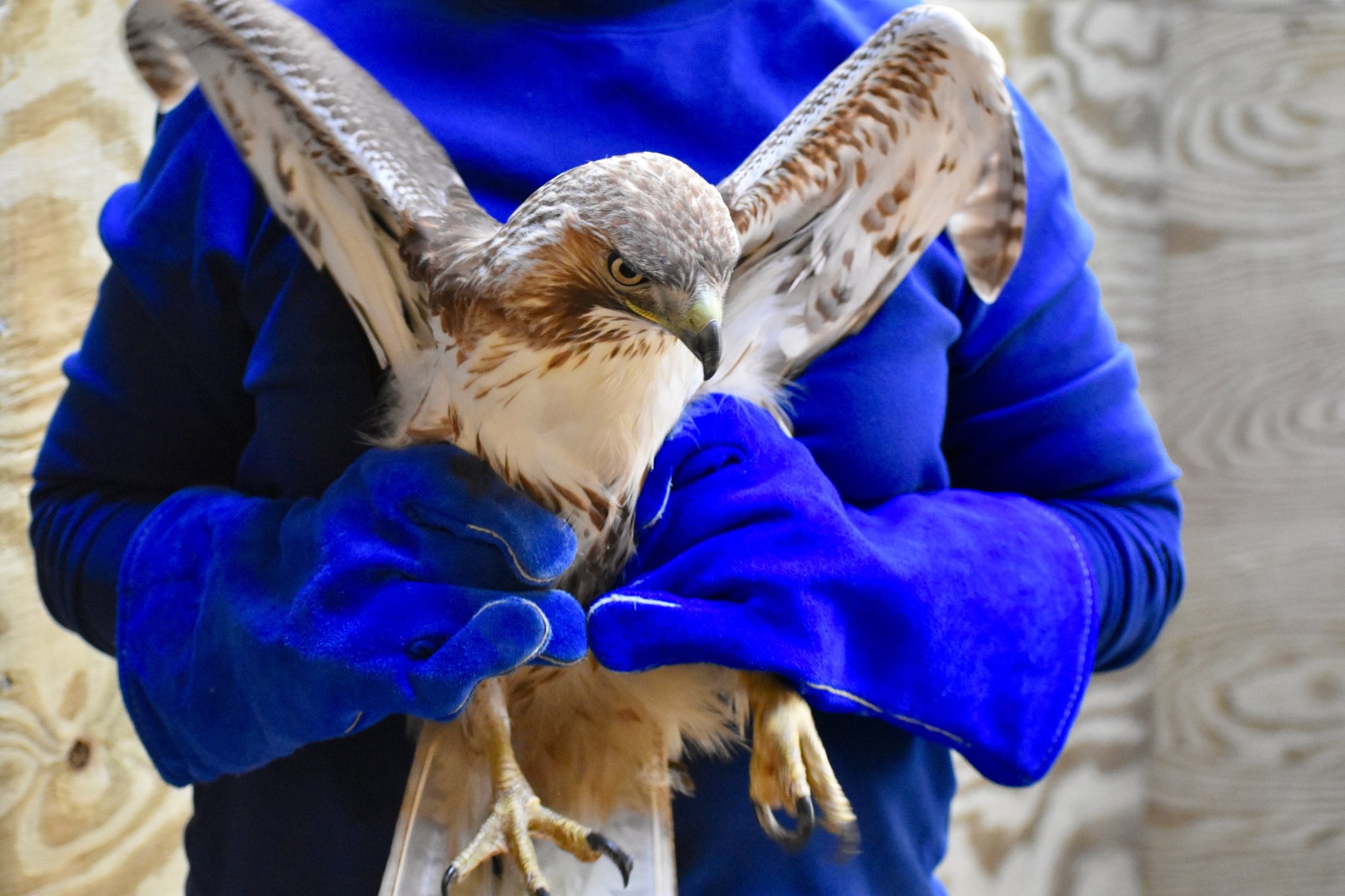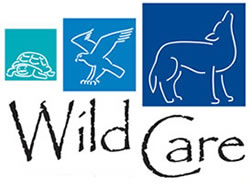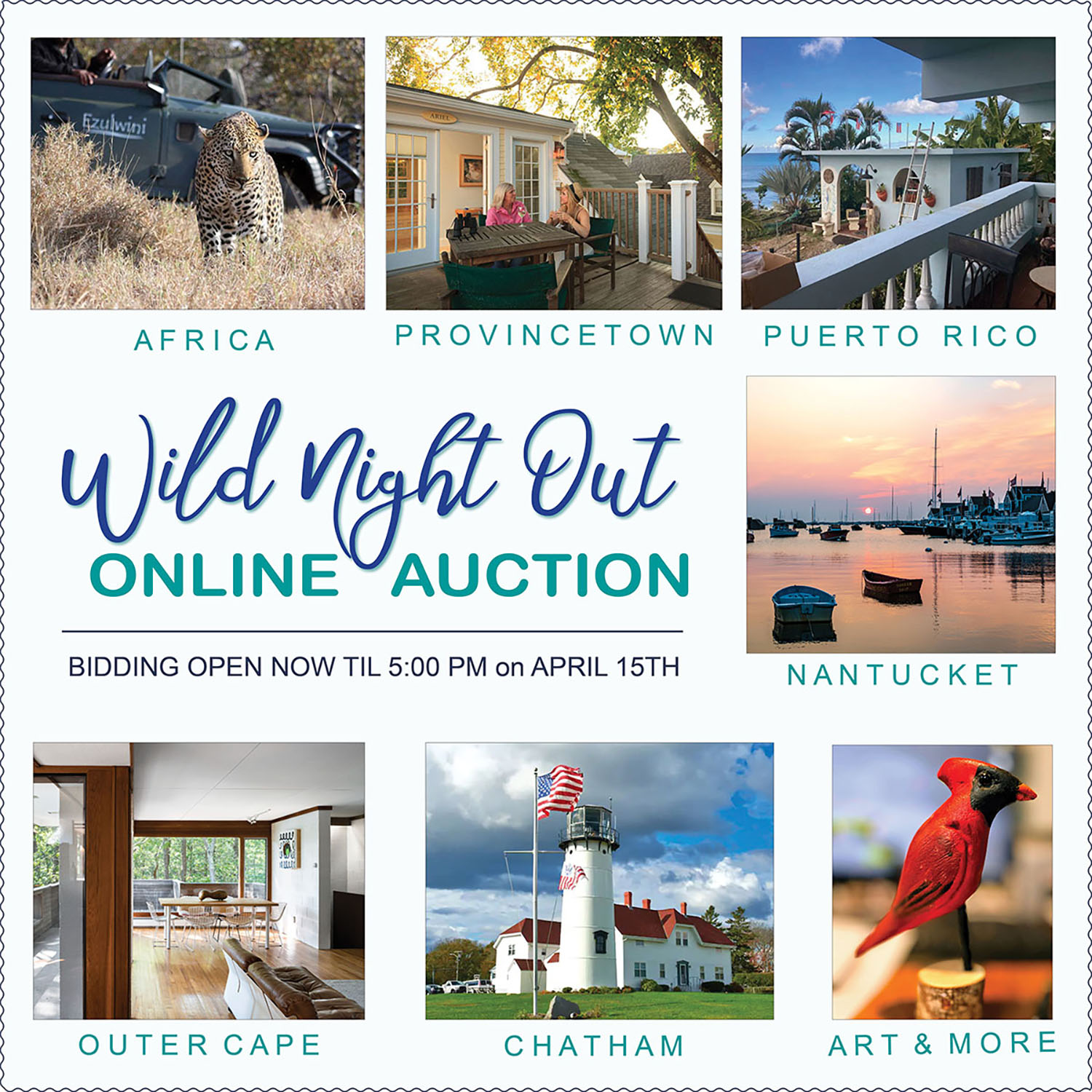
Poison Is Never the Answer
Wild Care Executive Director Stephanie Ellis recently sent a letter to the Joint Committee, Environment and Natural Resources in MA urging them to support upcoming local Bills that would regulate the use of dangerous rodenticides in MA.
May 25, 2023
RE: Proposed Acts Relative to Pesticides – Bills H.3991, H.825, H.814, H.804, S.487, S.540
Protecting Birds of Prey and Other Wildlife from Rodenticides
TO: Joint Committee – Environment & Natural Resources
My Name is Stephanie Ellis. I am the Executive Director of Wild Care.
Wild Care is a wildlife rehabilitation center located in Eastham, MA. Our team of licensed wildlife rehabilitators treat over 1,800 animals per year including wild birds, small mammals, reptiles and amphibians.
Wild Care, and licensed wildlife rehabilitators are on the frontlines of recognizing the impacts wild animals face in the natural world. We share this information and use our voice to reduce impacts on wildlife and help to inform systemic positive change. Our wild birds are bellwethers for environmental health, and they are sounding an alarm that is loud and clear. Poison is not the answer.
In 2022, Wild Care received 54 birds of prey into care. Sadly, the majority of large raptors we receive into care such as Red-tailed Hawks and Great Horned Owls are suffering from rodenticide exposure. As you know, raptors are some of our greatest natural defense against rodent overpopulations. The irony is, we are killing our natural predators with poison.
In MA, Wildlife Rehabilitators are required to release rehabilitated wildlife within 5 miles of the location in which it was found, or within the same county. It poses an ethical dilemma for my staff to release birds of prey back to the location from which they were poisoned, after they have recovered in our care. However, with widespread rodenticide use at homes, schools and local businesses, is there ever a safe place to release wildlife?
Though it may appear to the general observer that birds are abundant. A recently published study announced the loss of over 3 billion birds in the United States in the last 50 years due to human-related and environmental impacts. These impacts include vehicle strikes, loss of habitat, pesticide exposure, and warming ocean temperatures. By comparison, there are an estimated 340 million people living in the United States. Imagine losing our entire human population in a short span of 50 years? We would certainly never allow this to happen.
So, why are we allowing our birds to disappear, and at such an alarming rate?
Wild Bird Populations are in Decline:
- Currently, one in four birds is in decline in the United States.
- One in eight bird species are threatened with extinction, taking place before our eyes.
- Globally, 48% of birds worldwide are undergoing population declines.
The statistics are dire. Our birds do not need additional population setbacks due to secondary rodenticide poisoning.
As a side note, I am a licensed wildlife rehabilitator who has been doing this work for nearly two decades. I used to see raptors in the sky and feel a sense of joy, freedom, and beauty. After many years of this work, my inner monologue has changed. I still see a beautiful bird. But additionally, I now wonder how much rodenticide it has been exposed to, and when it will succumb to it. I wonder if the bird is feeding its offspring tainted prey, or if it will end up in our wildlife clinic sick and disoriented, as another sobering statistic, with no end to the poisoning in sight.
It has been proven that Integrated Pest Management is a much more effective, long-term and environmentally safe solution for controlling rodent populations. I feel proud to reside in Massachusetts, an environmentally progressive state. Please end the useless poisoning. Our raptors and other wildlife depend on it.
Thoughtfully,
Stephanie Ellis
Executive Director, Wild Care, Inc.
Eastham, MA
Click here to download and share the pdf of this letter
Wild Night Out Online Auction
READY, SET, BID… We are so excited to announce that our Wild Night Out Online Auction is now live!
READ ALL NEWS
CALENDAR OF EVENTS
04 April, 2024
Wild Night Out Online Auction
EVENT DETAILS
05 April, 2024
Wild Night Out
EVENT DETAILS
28 February, 2024
Wildlife Winter/Spring Talk Series
EVENT DETAILS

DID YOU KNOW??
Wild Care has a state-of-the-art seabird therapy pool, which allows seabirds and waterfowl to exercise on running water. This will help our bird friends recover more quickly so they can get back to their watery habitats!

